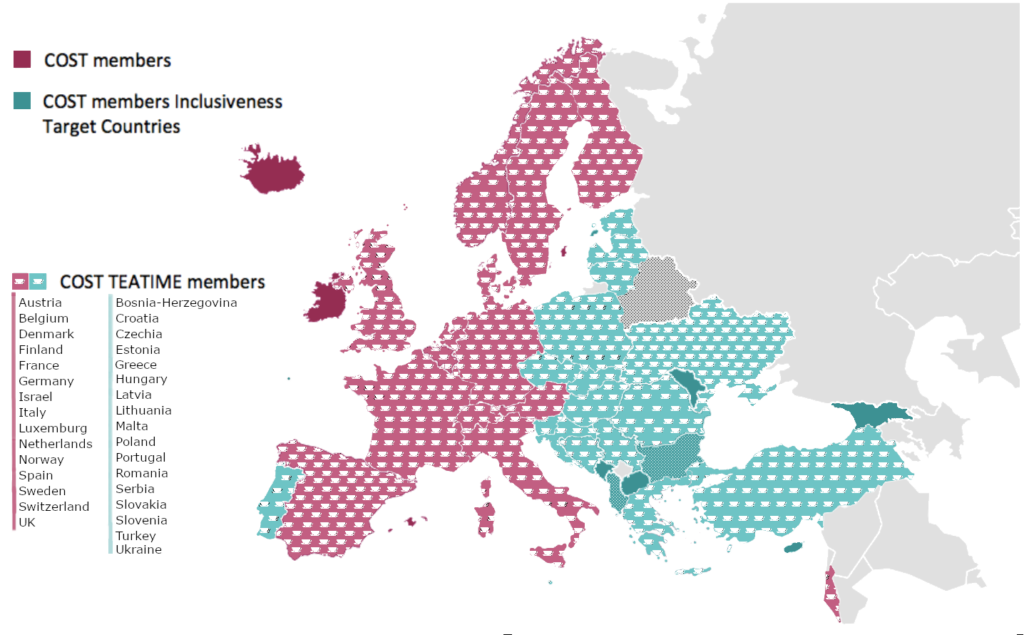COST Action Improving biomedical research by automated behaviour monitoring in the animal home-cage (TEATIME)

The new TEATIME consortium will bring together researchers to improve how animal behaviour research is performed.
- The consortium will investigate ways to develop the use of 24/7 monitoring using methods, including videos and tracking of small sensor-implanted animals in their home-cages, to describe their behaviour.
- Home-cage monitoring will reduce the need to remove animals for short-term testing in unfamiliar environments, which can alter or mask behaviours and cause variability depending on the surroundings they are moved to.
TEATIME was founded by 58 researchers in 23 countries, but the early goals are to expand this to a network of 500 behavioural research scientists, manufacturers of equipment, bioinformaticians and experts in Machine Learning to form a collaborative, multidisciplinary consortium. Together they will:
- Address issues such as the diversity of equipment available, complementarity of protocols and common formats for analysis and presentation of results to enable results to be more cross-comparable.
- Assess current needs in regard to development of new bioinformatics tools, such as:
- Ontologies (a form of controlled vocabulary) to describe behaviours
- Analysis of large volumes of data
- Tools such as Machine Learning to automatically describe or quantify behaviours to reduce the need for lengthy time spent watching videos.
The ultimate goal is to be able to describe animal behaviours with a minimum impact on the animals, by monitoring them in the home-cages where they live, enabling them to exhibit routine behaviours in a familiar environment.
Addressing animal welfare
Animal use for scientific purposes is guided by the principles of 3Rs (Reduction, Refinement and Replacement). A broader use of home-cage monitoring will contribute to:
- Developing refined experimental conditions can substantially improve animal welfare and, importantly, data reproducibility and translational value.
- Home-cage monitoring also offers welfare advantages in that animals remain in their own environments, so are not subject to stresses of being moved to testing arenas.
- The 24/7 nature of the home-cage monitoring may pick up welfare issues of animals that otherwise might be missed, leading to better welfare outcomes.